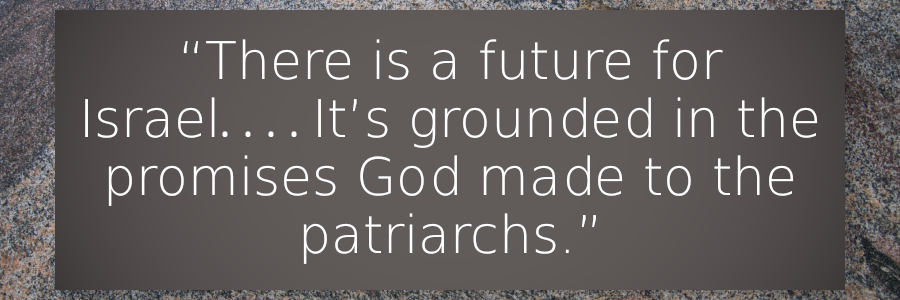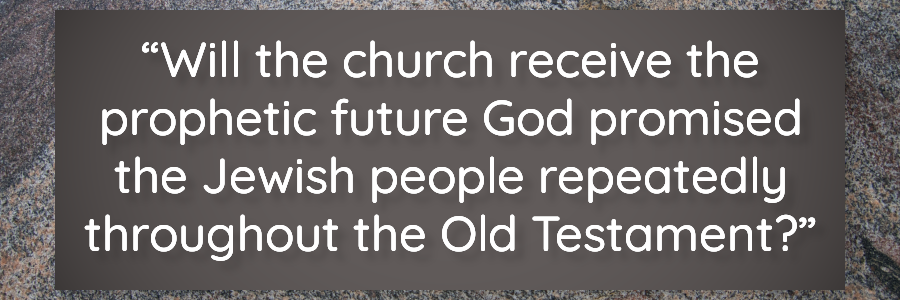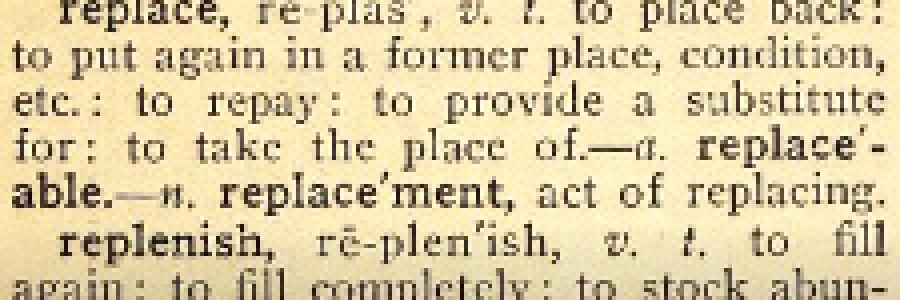Read the series.
This is the final post in this series, the purpose of which has been to ask whether “replacement theology” and “supercessionism” correctly describe what some theologies, covenant theology especially, do with the nation of Israel and its OT promises in teaching fulfillment through “transformation” into Christ and the church. I am not saying that every CT (or NCT) will want to see themselves undercover of these names, only that the names fairly describe this aspect of the way these good people interpret the NT’s use of the OT.
We have seen that replacement theology exists. I have shown that some CT’s actually use the term “replace” (or “supercessionism”) to describe their approach in their own works, and that they recommend books that unashamedly use it. More anecdotally, I have encountered this opinion many times in conversations.
Of course, replacement theology is not confined to orthodox Reformed covenantalism, but they are the ones whose books and lectures I know best. In this tradition, it is common to view the history of Israel as primarily a structural learning device; a tool for teaching the Christian church through narrative and type; a “means to an end” as R. Scott Clark put it.






Discussion